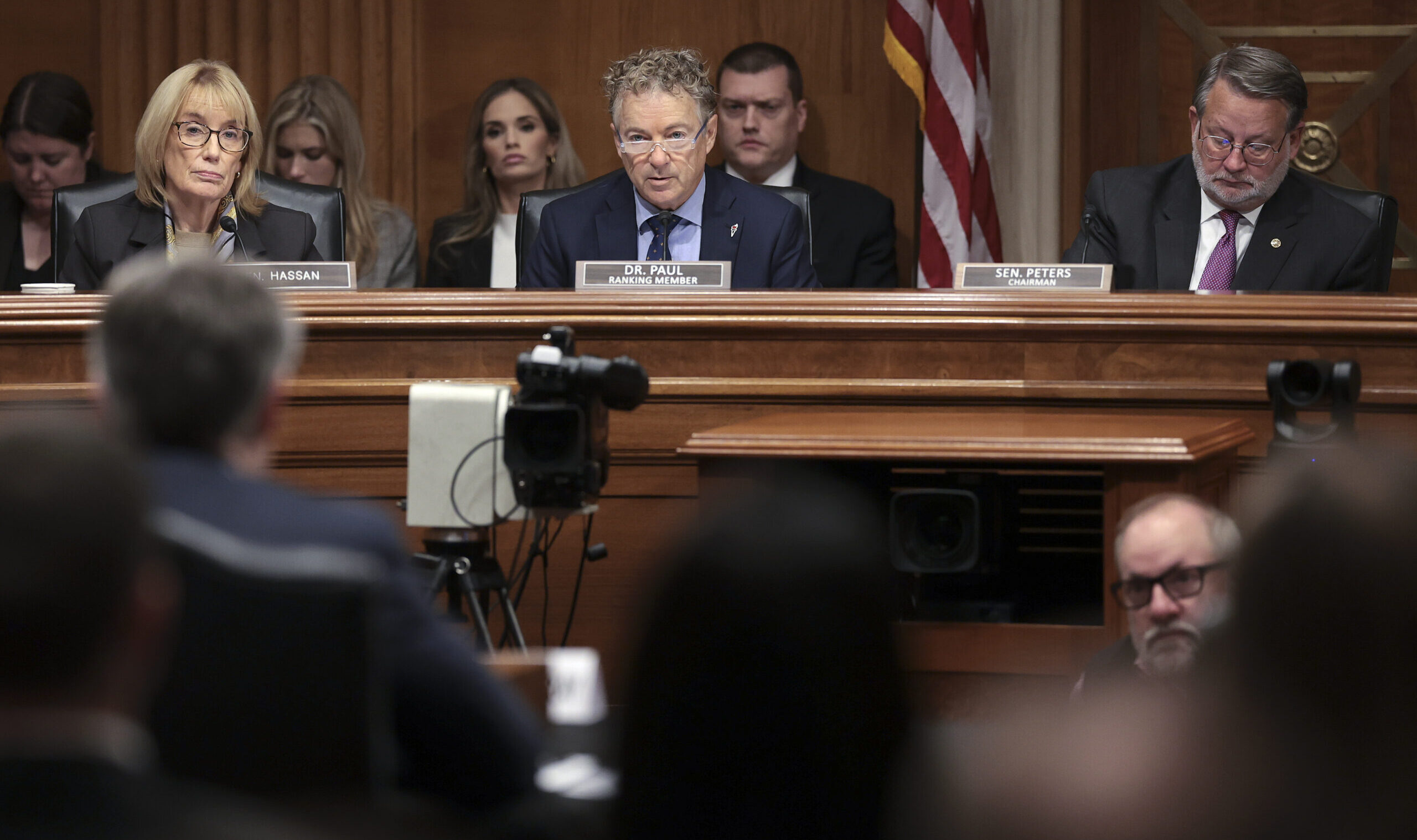Remembering the “Lazy, Cowardly Bailout”
Josh Barro defends the merits of the TARP:
There are numerous policy areas where the hegemony of the Washington Establishment is the only thing saving America from popular but terrible ideas—trade, immigration, foreign aid. But perhaps the best example is TARP. This is a program that looks better every day, having prevented an acute collapse of the financial system at very little cost. But in the popular mythology, TARP was a grievous and expensive error that created the Too Big To Fail concept, rather than simply recognizing its existence.
Barro wrote this at Reihan’s blog, which I found more than a little amusing. As I recalled when I read this, Reihan didn’t much care for the TARP at the time that it was passed. Indeed, looking back, I see that Reihan denounced the TARP as a “lazy, cowardly bailout.” He also referred to an essay by Prof. Luigi Zingales, which I had cited around the same time. In that essay, Zingales made a very reasonable expert argument against the bailout and in favor of a practical alternative, and it was based in his principled objection to the perversion of the market that it represented. Reihan described his argument:
In a stinging essay, Zingales essentially argued that Paulson was offering welfare to the rich. Rather than pay premium prices for toxic assets, Zingales called for the federal government to craft a restructuring plan that would involve some amount of debt forgiveness or a debt-for-equity swap, saving taxpayers billions and imposing well-deserved financial pain on the reckless creditor who created the mess in the first place.
Then Reihan asked:
So why did the GOP go along with such a profoundly flawed approach? If you can think of a better reason than laziness or cowardice, let me know.
Prof. Zingales laid out what was at stake in the TARP debate:
The decisions that will be made this weekend matter not just to the prospects of the US economy in the year to come. They will shape the type of capitalism we will live in for the next fifty years. Do we want to live in a system where profits are private, but losses are socialised? Where taxpayer money is used to prop up failed firms? Or do we want to live in a system where people are held responsible for their decisions, where imprudent behavior is penalised and prudent behavior rewarded?
For somebody like me who believes strongly in the free market system, the most serious risk of the current situation is that the interest of few financiers will undermine the fundamental workings of the capitalist system.
Zingales articulated very well at the time why the TARP was fundamentally wrong and corrupting. Nothing has happened in the last three years that suggests he was mistaken. One of the reasons that the TARP did not result in the massive loss of public funds was that it was never used for its stated purpose to purchase toxic assets. It is now fashionable to declare the TARP a “success” because it achieved its goal of rewarding private failure with public funds, but this was the very thing that opponents of the TARP thought was wrong with it. It doesn’t say much for the Washington consensus that this disgraceful measure is supposed to represent one of its great successes.
Update: Yves Smith discussed the “success” of the TARP earlier this year:
But there is a way in which the TARP was a complete success. It was a de facto financial coup. The regulations put the Secretary of the Treasury outside the law. The Fed has run quasi fiscal operations outside normal budgetary processes with hardly a peep from Congress (the Audit the Fed was a helpful effort to increase transparency but still fell well short of dealing with the usurping of Constitutionally mandated approvals). And this isn’t our view; Simon Johnson was early to see what was really at stake in his May 2009 Atlantic article, “The Quiet Coup.”
And we see an continuation of government dominated by financial interests in the passivity of the Obama administration at continued high levels of unemployment, when Reagan went into aggressive action at lower trigger points. Instead, we have bond vigilantes driving policy when the lessons of Latvia, Ireland, and Greece are again proving that austerity only makes debt hangovers worse.
What we need is debt reduction via restructuring and offsetting stimulus, but that means imposing losses on banks. So no matter how you try to cook the books, the political “success” of TARP is an economic disaster for everyone except its immediate beneficiaries, which include writers who have made themselves scribes to the oligarchs.
